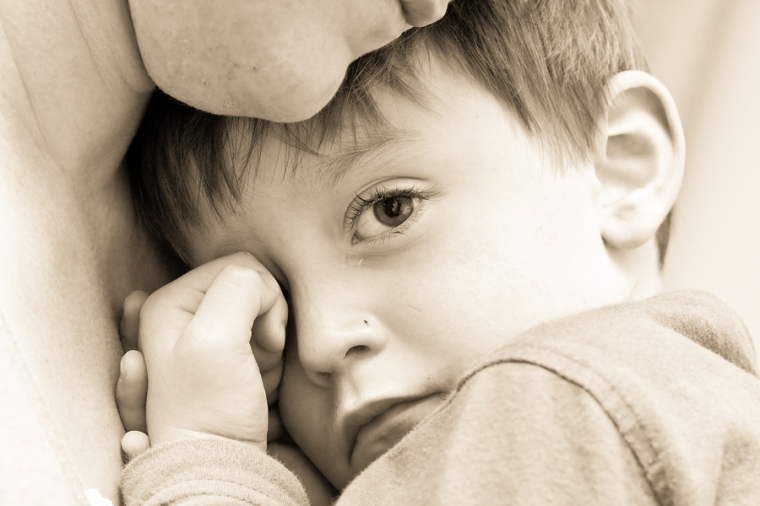
I hate to miss the irony of historical coincidence. Being an ever-reflective historian (yes, I read “This Day In History”), I discover two sad but true events taking place on October 3, thirteen years apart.
On October 3, 1995, an estimated 140 million Americans listen on radio or watch on television (I was one of them) as the acquittal verdict of the O. J. Simpson trial is read. On October 3, 2008, he is found guilty of 12 charges related to the incident, including armed robbery and kidnapping, and sentenced to 33 years in prison.
While there is no real significance to the parallel dates, there is significance to the downfall of a man’s life, whose destruction began, at least publically, with reports of domestic abuse. Imagine this, a NFL football player is accused of domestic abuse. How do you spell “Déjà vu”?
With the carnival-like atmosphere of the arrest and trial of O. J. Simpson broadcast on television, we forget the unraveling of his life starts with charges of domestic abuse. A Heisman Trophy winner and star running back for the Buffalo Bills, Orenthal James Simpson becomes a popular television personality who marries Nicole Brown in 1985 and pleads no contest to a charge of spousal battery in 1989. She files for divorce in 1992 but is stabbed to death along with Ronald Goldman in June of 1994.
I grew up around domestic abuse although my story is one with an unusual and ironic twist. My father is killed in a work accident when I am 6 years old and my mother struggles for years with her grief and devastation. At least two of my mother’s husbands (she is married 3 more times and I call them her husbands because they are never fathers to me, she makes sure of that) attempt to abuse her physically. I say “attempt” because Mom, steeled by her grief and Hazard, Kentucky upbringing, does not allow it for two reasons: no man is worth it and her guns are always nearby.
What I most remember about the underlying anger birthed by the arguing and fighting is the all-consuming presence of fear. It is more than a fear of the unknown; it is a fear of loss, a fear of surrender, a fear of acceptance. It is not a fear of something that might happen, but a fear of what has happened and may happen again and again and again.
When I think of all the “stuff” happening in our country (ISIS, killing of black men by white police officers, domestic abuse, Ebola, growing distance between the rich and poor, campus sexual assault), I recognize the place of fear in all of these. Fear is the classic example of a double-edged sword: while a necessary ingredient to maturity, it can also be a cesspool for hatred.
Simply put, there is a good fear and a bad fear.
• Good fear is an instinct for protection and security. Good fear is a prompting to pay attention and make prioritized decisions.
• Bad fear is created with misconceptions, prejudice and pain that shackles us to a confused view of reality. Bad fear distorts the truth either by exaggerating evil or underestimating the potential for good.
• Good fear is what Nicole Brown is feeling when she leaves her husband.
• Bad fear is what O. J. Simpson is feeling when he physically hurts and ultimately kills (yes, I believe he was guilty) his wife.
• Good fear is what my brother and I feel as we hear our stepfather threaten our mother.
• Bad fear is what places my brother and I on the front porch of our home on Decoursey Avenue in Covington, Kentucky one night with a loaded shotgun as our drunken stepfather menacingly circles the block in his car.
Good fear and bad fear are daily choices. I suspect American novelist Marilynne Robinson is correct in her confession: “I hate to say it, but I think a default posture of human beings is fear.” For followers of Christ, there is an added dynamic to our daily encounters with fear. When scripture says, “There is no fear in love; but perfect love casts out fear” (I John 4:18), it means our access to a loving relationship with God can tilt the scales of fear in the direction of good.
Maybe the most realistic advice is captured by something Katherine Patterson writes in Jacob Have I Loved; “To fear is one thing. To let fear grab you by the tail and swing you around is another.”